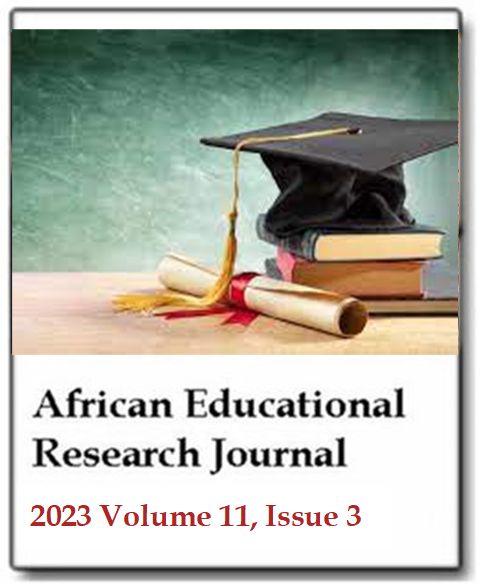Children in the poems of Mehmet Akif Ersoy, Muhammad Iqbal, and Bakhtiyar Vahabzadeh
Erhan AkdağAfrican Educational Research Journal
Published: July 13 2023
Volume 11, Issue 3
Pages 300-313
DOI: https://doi.org/10.30918/AERJ.113.23.043
Abstract
Mehmet Akif Ersoy, Muhammad Iqbal, and Bakhtiyar Vahabzadeh are among the leading literary figures in the world of emotions, thought, and culture of the nations to which they belong. Children play an important role in the poems of these three intellectual leaders of Türkiye, Pakistan, and Azerbaijan. In Mehmet Akif Ersoy’s Safahat, Muhammad Iqbal’s A Mother’s Dream, and Bakhtiyar Vahabzadeh’s Autumn Thoughts, A Day Worth A Thousand Months, Talking to Myself, poems, children are the heirs and bearers of the civilization to which they belong and are carefully emphasized. In their poems, all three poets see children as the assurance of the future and try to approach them with love and compassion. In the poems of all three poets who see children as the architects of the future, it is emphasized that they should be well-raised, hardworking, religiously sensitive, and well-educated. All three poets emphasized the importance of raising children as educated and conscious individuals; they share the idea that generations that respect their religion, culture, customs, traditions, elders, and ancestors will glorify Islamic civilization. This study analyzes the representation of children in the poems of Mehmet Akif Ersoy, Muhammad Iqbal, and Bakhtiyar Vahabzadeh. The poems analyzed in this study include Mehmet Akif’s Safahat, Muhammad Iqbal’s A Mother’s Dream, and Bakhtiyar Vahabzadeh’s Autumn Thoughts, A Day Worth A Thousand Months, and Talking to Myself poems. On the basis of the poems examined under the title “Child”, the perceptions of children and the purposes of value transfer to children of all three poets were comparatively analyzed.
Keywords: Child, poem, Mehmet Akif Ersoy, Muhammad Iqbal, Bakhtiyar Vahabzadeh.
Full Text PDFThis article is published under the terms of the Creative Commons Attribution License 4.0

